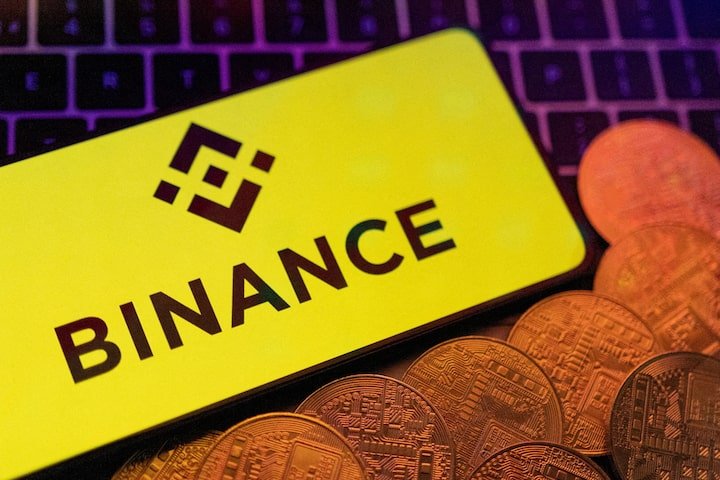
A Nigerian court has adjourned the tax evasion trial against Binance and two of its executives to April 30, 2025, marking yet another chapter in the escalating tension between the Nigerian government and the global cryptocurrency exchange.
The case, brought forward by Nigeria’s Federal Inland Revenue Service (FIRS), accuses Binance of failing to register for taxes, evading value-added tax (VAT) and company income tax, and aiding users in evading tax through its platform. The government also claims Binance is liable for up to $2 billion in back taxes.
What makes this case even more dramatic is Nigeria’s broader accusation: the government blames Binance for contributing to $79.5 billion in economic losses, alleging that speculative trading and manipulation on Binance’s peer-to-peer (P2P) platform caused severe volatility in the naira (NGN). Authorities recently clamped down on crypto trading in the country and even blocked Binance’s website.
One of Binance’s executives, Tigran Gambaryan, a U.S. citizen and former IRS agent, remains detained in Nigeria, despite his legal team arguing that he was not involved in the day-to-day operations of Binance. His arrest has sparked concern internationally, with the U.S. reportedly pushing for fair treatment.
Binance, on its part, claims it is cooperating with authorities and is committed to resolving any “historical tax issues” it may have unknowingly incurred. The company also argues that it has always sought to comply with local regulations, but that crypto's evolving nature sometimes leads to misunderstandings.
Why this matters:
This is a pivotal case for crypto regulation in Africa, especially for how countries might handle global exchanges operating without local licenses.
It raises questions about jurisdiction, executive liability, and how far governments can go in holding platforms accountable for economic instability.
It also puts Nigeria at the center of a growing global debate on crypto oversight, user protection, and digital sovereignty.
Posted Using INLEO